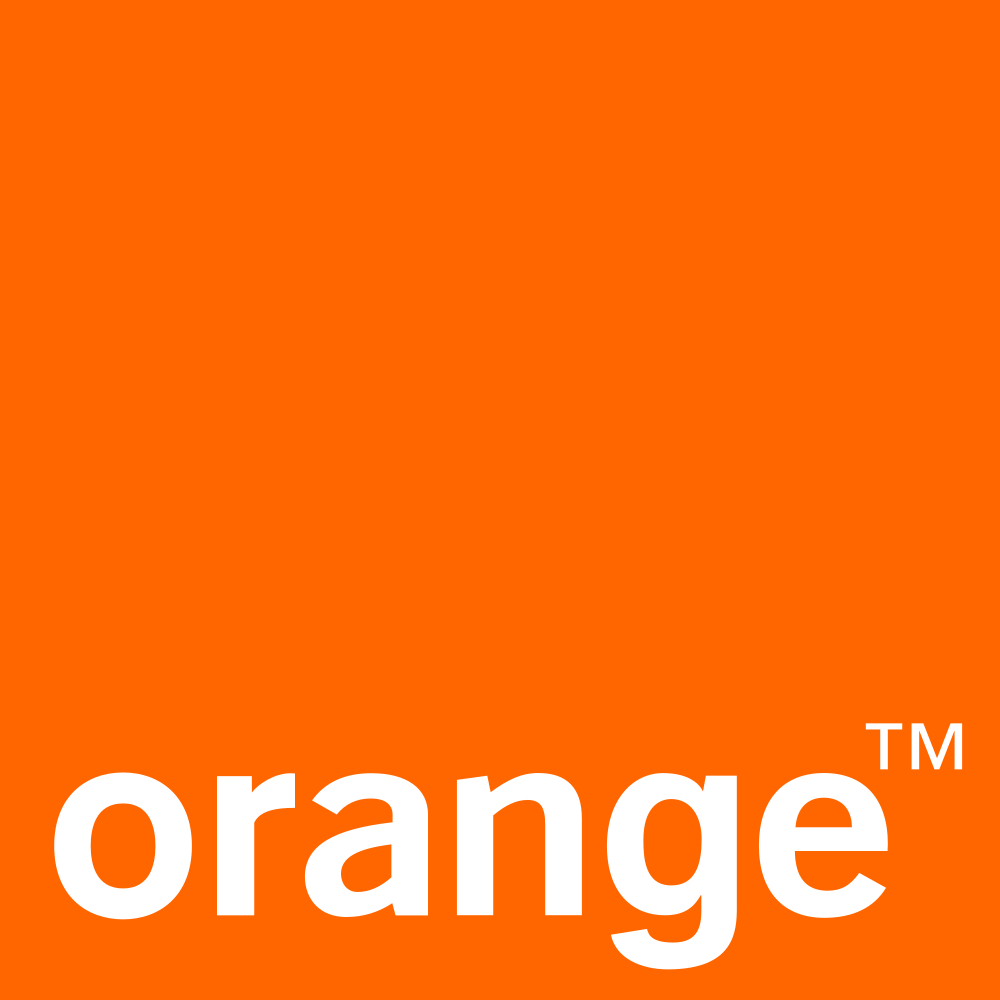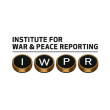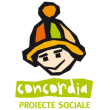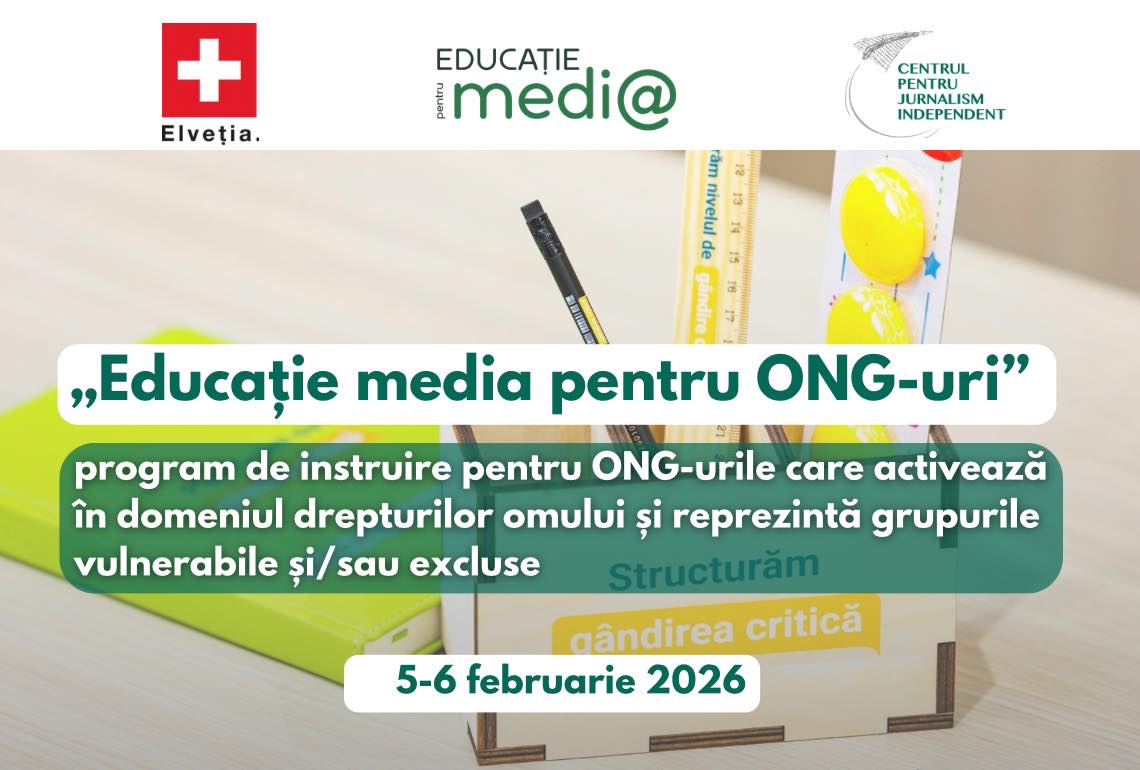Organizații vizate:
Anunțuri de Angajare
- Detalii
- Categorie: Angajări
Extended deadline: National Consultant on Public Spaces Accessibility for Women and Girls to support the Scoping Study in Chisinau municipality and the development of the Programme Design
Informațiile prezentate în articolul de mai jos pot să nu mai fie actuale sau să nu mai reflecte activitățile și programele curente. Anunțul este păstrat în arhivă pentru a asigura transparența și accesul public la informațiile despre inițiativele și proiectele implementate anterior.
UN Women, grounded in the vision of equality enshrined in the Charter of the United Nations, works for the elimination of discrimination against women and girls; the empowerment of women; and the achievement of equality between women and men as partners and beneficiaries of development, human rights, humanitarian action and peace and security.
Violence against women and girls (VAWG) is a widespread problem that affects communities and cities everywhere. While many advances have been made in the elimination of VAWG, much of the focus was on intimate partner violence (IPV) inside the home, rather than women’s safety in urban spaces. Outside the domestic violence can affect women and girls in the workplace, at school, in streets, parks, public squares, and on public transport, and limit their opportunities. Many factors influence the relationship a person has with a public space in a city, and the other people who are in it. Gender is strongly linked to a sense of safety, which in turn affects behavior and shapes how the city is used, and its resources accessed.
Access to infrastructure and public spaces for women and girls represents an important aspect of ensuring gender equality and human rights. This area shall encompass key elements as ensuring safety for women and girls in public spaces (e.g. proper street lighting, surveillance cameras, police patrols, and urban designs that minimize isolated areas etc.); public transportation, with well-maintained and monitored trains, buses, and stations; infrastructure accessibility for everyone, including women with disabilities and those with young children (e.g., sidewalks, ramps, adapted public transportation, and baby-changing facilities in public areas etc.), sanitary facilities (e.g. access to clean and safe public toilets), as well green spaces and recreation areas (e.g. parks and recreational areas), etc.
In 2023, urban localities in the Republic of Moldova had 6.6 thousand hectares of green spaces, accounting for 12.8% of the total land area within urban boundaries. Urban green spaces are composed of 69.0% general-use green areas (squares, gardens, parks, etc.), 18.6% limited-access green spaces (sports parks, green areas around educational institutions and residences, spaces for children's and youth recreation, etc.), 7.8% green spaces in tourist and recreational areas, 2.7% specialized green spaces (botanical, zoological, and dendrological gardens, etc.), and 1.9% utility green spaces (plantations for land consolidation and water source protection, etc.). The distribution of urban green spaces by region shows that 66.4% of the total area of green spaces belongs to Chi?inau municipality.
The level of street lighting in urban areas across the country was approximately 82%. In the regional profile, localities in UTA Gagauzia (94.9%) and Chi?inau municipality (91.0%) had the highest level of street lighting coverage, while the lowest levels were recorded in the Southern (76.8%) and Northern (76.1%) regions. Overall, more than 90% of the total street length had adequate street lighting in a total of 24 urban localities.
Building on over 50 years of sustained efforts undertaken by women’s organizations, grassroots, international networks, local governments in cities around the world, UN Women launched the Safe Cities and Safe Public Spaces Global Initiative that began implementation in January 2011 to prevent and respond to various forms of sexual violence against women and girls (SVAWG) in public spaces. It supports local and national governments to address multiple sustainable development goal targets across multiple goals. “Safe Cities Free of Violence against Women and Girls” Global Programme which began with 5 cities, now spans nearly 60 cities to prevent and respond to sexual harassment and other forms of sexual violence against women and girls (SVAWG) in public spaces in different settings (urban, rural, online).
The Global Initiative contributes to the emerging international knowledge based on effective strategies to prevent and respond to harassment and other forms of sexual violence against women and girls in urban and online public spaces and aims to build more inclusive, sustainable, and safe cities. It was designed with local, regional, and global partners in response to the growing concerns about everyday experiences of women and girls all over the world as they experience sexual violence in public spaces as they go about their daily routines, whether on city streets, parks, in markets, on buses and trains or in their own neighborhoods, or online. This reality reduces women’s and girls’ freedom of movement. It reduces their ability to participate in school, work, and public life. It limits their access to essential services and their enjoyment of cultural and recreational activities, and negatively impacts their health and well-being.
Impact level results of each safe city/safe public spaces with women and girls’ programme includes (i) women and girls enjoy a greater sense of safety, and increased comfort in public spaces; (ii) amplified use of public spaces and increased autonomous mobility of women and girls in the city and (III) a decrease in number of sexual harassment or other forms of sexual violence in public spaces.
UN Women Moldova seeks a National Consultant on Public Spaces Accessibility for Women and Girls to support the Scoping Study in Chisinau municipality and the development of a Programme Design (guided by UN Women’s Global Guidance for Scoping Studies and Guidance Note for Developing a Programme Design), which can be adapted to local city context, and provide technical assistance in developing a comprehensive, multistakeholder, evidence-driven Safe City programme with women and girls.
Interested candidates are invited to submit their online applications by 15 August 2024 to UN WOMEN Jobs - 116845- National Consultant on Public Spaces Accessibility (undp.org) , with the following documents:
- A cover letter (maximum length: 1 page);
- Duly filled UN Women Personal History form (P-11) which can be downloaded from: https://www.unwomen.org/sites/default/files/Headquarters/Attachments/Sections/About%20Us/Employment/UN-Women-P11-Personal-History-Form.doc .
- Any materials conducted by the applicant, such as reports, surveys, publications, studies, or other relevant materials. Applications without the completed UN Women P-11 form will be treated as incomplete and will not be considered for further assessment. Kindly note that the system will only allow one attachment.
Only short-listed applicants will be contacted.
Note:
In July 2010, the United Nations General Assembly created UN Women, the United Nations Entity for Gender Equality and the Empowerment of Women. The creation of UN Women came about as part of the UN reform agenda, bringing together resources and mandates for greater impact. It merges and builds on the important work of four previously distinct parts of the UN system (DAW, OSAGI, INSTRAW and UNIFEM), which focused exclusively on gender equality and women's empowerment.
Diversity and inclusion:
At UN Women, we are committed to creating a diverse and inclusive environment of mutual respect. UN Women recruits, employs, trains, compensates, and promotes regardless of race, religion, color, sex, gender identity, sexual orientation, age, ability, national origin, or any other basis covered by appropriate law. All employment is decided on the basis of qualifications, competence, integrity and organizational need.
If you need any reasonable accommodation to support your participation in the recruitment and selection process, please include this information in your application.
UN Women has a zero-tolerance policy on conduct that is incompatible with the aims and objectives of the United Nations and UN Women, including sexual exploitation and abuse, sexual harassment, abuse of authority and discrimination. All selected candidates will be expected to adhere to UN Women’s policies and procedures and the standards of conduct expected of UN Women personnel and will therefore undergo rigorous reference and background checks. (Background checks will include the verification of academic credential(s) and employment history. Selected candidates may be required to provide additional information to conduct a background check.
- Architect/ engineer to provide assistance in the implementation and monitoring of the renovation process of the selected dormitories within universities
- AO Asociația pentru Abilitarea Copilului și Familiei ”AVE Copiii” angajează Asistent/ă social/ă în cadrul Echipei interne de Management de Caz
- Anunț de angajare – Ofițer de Comunicare
- ICRC is hiring Communication/Prevention Officer
- BNM angajează Expert/ă principal/ă în administrare și gestionare raportare










